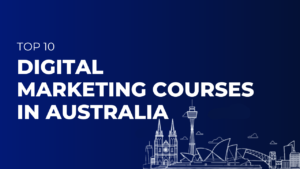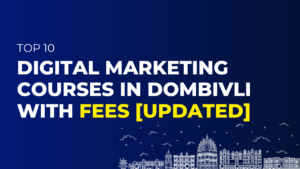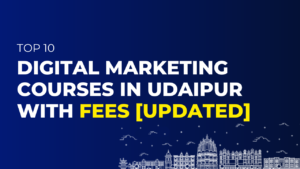In today’s digital age, advertising on platforms like Facebook and Google is essential for businesses looking to reach a wide and diverse audience.
However, simply running ads on these platforms isn’t enough, you have to look for how to create a marketing media plan.
To make the most of your advertising budget and achieve your marketing goals, you need to look for How do I create a media plan on Facebook?
In this comprehensive guide, we’ll walk you through the process of creating media planning for Facebook and Google Ads that will help you maximize your ad campaign’s impact and return on investment.
Table of Content
Outline of Media Planning for Facebook and Google Ads!
Advertising on Facebook and Google can be incredibly effective, but without well-thought-out media planning for Facebook and Google ads, you might spend money without getting the results you desire.
Media planning for Facebook and Google ads is like a roadmap that outlines the journey of your advertising campaign.
It helps you define your objectives, target audience, budget, and the strategies you’ll use to achieve success.
Here’s a step-by-step guide on how to create winning media planning for Facebook and Google Ads.
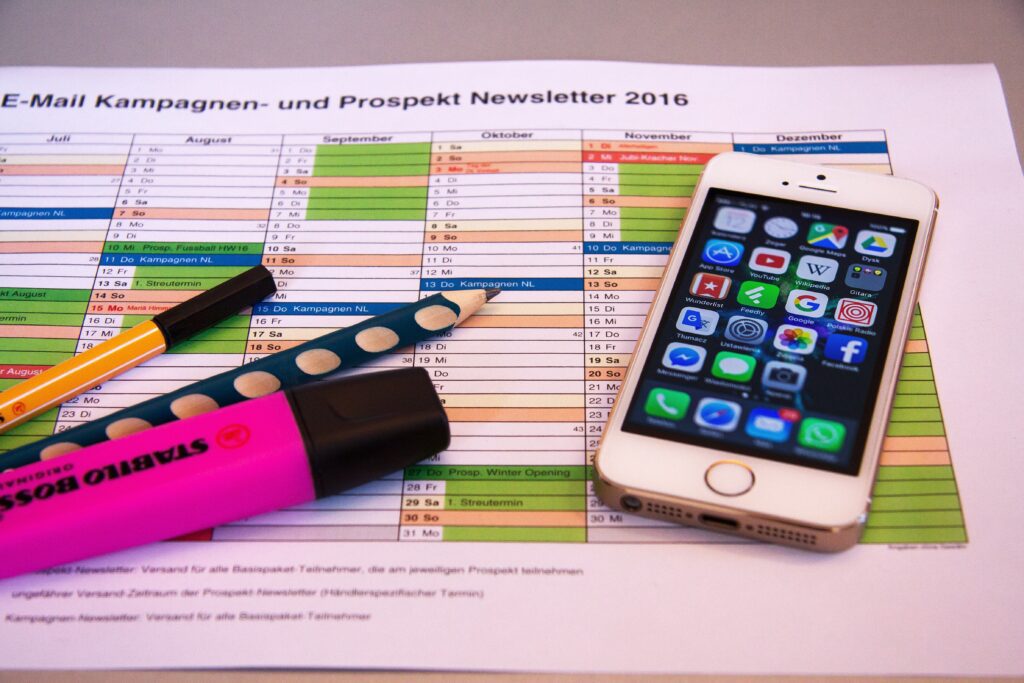
How to Make a Media Plan for Facebook and Google Ads
Before diving into the specifics, let’s begin with an overview of the key steps involved in creating a media plan for Facebook and Google Ads:
1. Setting Clear Objectives
The first and most crucial step is defining your campaign objectives. What are your motives for your ads? Whether it’s increasing website traffic, generating leads, or boosting sales, your objectives will guide the entire planning process.
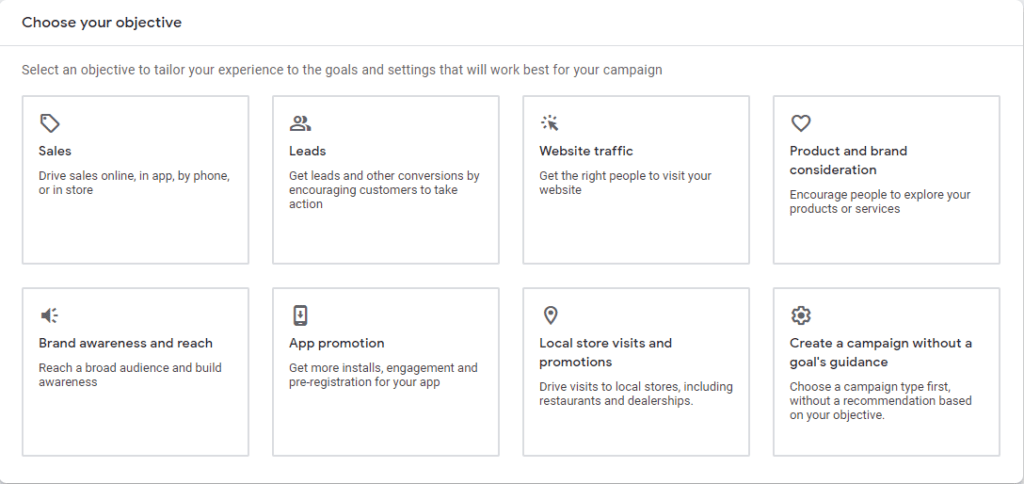
2. Understanding Your Target Audience
Know your audience inside out. Conduct deep research to figure out their demographics, interests, and online behavior. This information is essential for crafting ads that resonate with your potential customers.
Must Check: Free Search Ads ROI Calculator
3. Budget Allocation
Determine your advertising budget. How much are you willing to spend on Facebook and Google Ads? Allocating your budget effectively among various platforms and campaigns is critical for success.
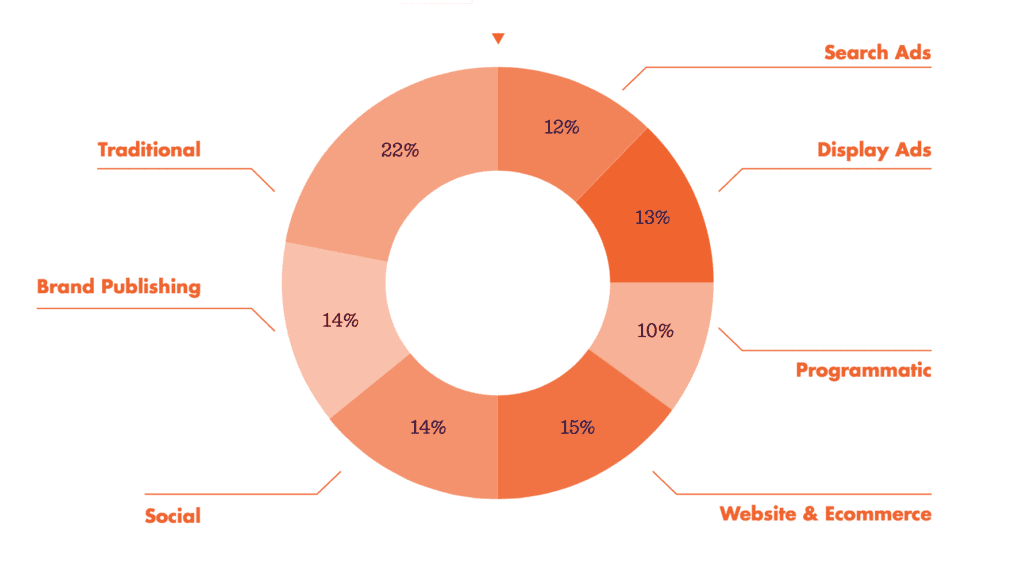
4. Keyword Research
If you are someone who thinking about how to create a media plan for Google ads then For Google Ads, extensive keyword research is essential. Identify relevant keywords that your audience is likely to use when searching for products or services like yours.
5. Ad Creative and Copywriting
Create eye-catching visuals and compelling ad copy. Your ads should grab attention, convey your message clearly, and compel users to take action.
6. Campaign Scheduling
Decide when your ads will run. Timing can significantly impact the success of your campaigns. Use data and analytics to determine the best times to display your ads.
7. Monitoring and Optimization
Regularly monitor the performance of your ads and campaigns. Use the insights to make necessary adjustments and optimize your media plan for better results.
Must Check: Free Google Ads Budget Calculator
8. A/B Testing
You always have a scope to explore, trying and testing multiple ad variations to identify what works best. A/B testing can help you fine-tune your campaigns for maximum efficiency solving your query on how do I create a media plan on Facebook or How to create a media plan for Google ads.

The Importance of LSI Keywords in Media Plan for Facebook and Google Ads
Incorporating Latent Semantic Indexing (LSI) keywords into your media plan for Facebook and Google Ads is crucial for boosting your ads’ visibility on search engines.
LSI keywords are semantically related to your primary keywords and help search engines understand the context of your content better.
Here’s how you can integrate LSI keywords into your media plan for Facebook and Google ads without explicitly mentioning them:
- Keyword Variation: Instead of repeatedly using the exact phrase “Facebook and Google Ads,” mix it up with related terms like “online advertising strategy,” “digital marketing,” and “paid advertising.”
- Content Optimization: Craft your content naturally, focusing on providing valuable information. Search engines will recognize the relevance of your content through the use of LSI keywords.

Common Mistakes in Media planning of Facebook and Google Ads that businesses often make
If you are someone looking for how to create a marketing media plan and confused about how to create a media plan for Google Ads or How do I create a media plan on Facebook then your confusion is totally understandable as common mistakes in ad campaigns always lead us back in running the best ad we can.
Free Source On: How to Start a Digital Marketing Agency as a Beginner?
So here are some quick points to help you rectify the common mistakes in ad campaigns we all do.
- Neglecting Clear Objectives: One of the most common mistakes is not setting clear and specific objectives for the advertising campaign. Without clear goals, it’s challenging to measure success and optimize strategies effectively.
- Ignoring Target Audience: Failing to understand and define the target audience can lead to wasted advertising spend. Effective campaigns are tailored to the interests, demographics, and behaviors of the intended audience.
- Budget Misallocation: Inadequate budget allocation or overspending on the wrong channels can result in suboptimal results. It’s crucial to allocate your budget strategically based on platform performance and campaign goals.
- Poor Keyword Research: For Google Ads campaigns, insufficient keyword research can lead to low-quality traffic and high costs per click. Thorough keyword research is essential to identify relevant and high-converting keywords.
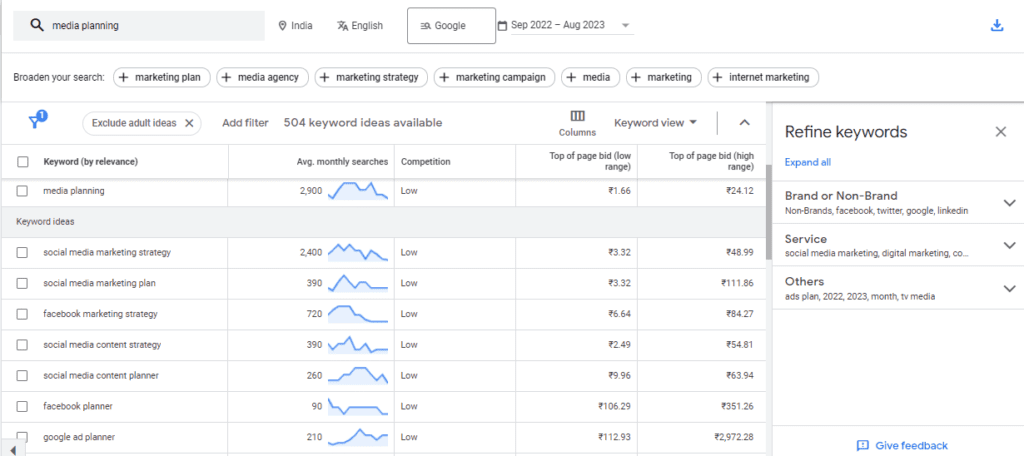
- Weak Ad Creative: Ineffective ad creative that lacks compelling visuals and persuasive copy can result in low click-through rates (CTR) and conversions. Creativity and relevance are key to capturing the audience’s attention.
- Ignoring Mobile Optimization: With the increasing use of mobile devices, paying attention to mobile optimization can be a costly mistake. Ensure that your ads and landing pages are mobile-friendly for a seamless user experience.

- Failure to Test and Optimize: Many advertisers set and forget their campaigns, missing out on opportunities for improvement. Regular A/B testing and optimization are essential for maximizing campaign performance.
- Lack of Ad Tracking: Not implementing proper tracking and analytics tools can make it challenging to measure the ROI of your ad campaigns accurately. Tracking conversions and other key metrics is vital for making data-driven decisions.
- Overlooking Ad Extensions: Ad extensions in Google Ads provide additional information and call-to-action opportunities. Not utilizing these extensions can limit the ad visibility and effectiveness very badly.
- Ignoring Negative Keywords: For Google Ads, failing to include negative keywords can result in irrelevant clicks and wasted spending. Negative keywords help filter out unwanted traffic.
- Inconsistent Branding: Maintaining consistent branding across all ad elements, including visuals and messaging, is crucial for building brand recognition and trust.
- Ignoring Landing Page Quality: Even with a well-crafted ad, a poor-quality landing page can lead to high bounce rates and low conversions. Ensure your landing page aligns with the ad’s message and offers a seamless user experience.
- Not Keeping Up with Trends: The digital advertising landscape is constantly evolving. Failing to adapt to new trends and technologies can put your campaigns at a disadvantage.
- Overcomplicating Campaigns: Sometimes, simplicity is key. Overly complex campaigns with too many variables can be challenging to manage effectively. Streamlining your strategies can lead to better results.

- Neglecting Remarketing: Remarketing to users who have previously engaged with your site or ads can be highly effective. Failing to implement remarketing campaigns means missing out on potential conversions.
Want to know How to create the Media Plan for Facebook and Google Ads that can help you achieve your ROI in the coming 30 Days?
Feel Free to Book a Consultation by Dropping an email at alokbadatia84@gmail.com or WhatsApp at 8548846108
FAQs
Q: How much should I budget for Facebook and Google Ads?
A: Your budget depends on your goals and industry. Start with a small budget to test the waters and increase it as you see positive results.
Q: What are some common mistakes to avoid in Facebook and Google Ads?
A: Avoid targeting too broad an audience, neglecting mobile optimization, and not tracking your ad performance closely.
Q: Is it better to run separate campaigns for Facebook and Google Ads or combine them?
A: It’s often beneficial to run separate campaigns as each platform has unique features and audiences. However, test both approaches to see what works best for your business.
Q: How long does it take to see results from the content of media planning for Facebook and Google Ads?
A: Results can vary, but you should start seeing some impact within a few weeks. Continuously optimizing your campaigns will lead to better results over time.
Q: What are the key metrics to track for ad performance?
A: Track metrics like click-through rate (CTR), conversion rate, cost per click (CPC), and return on ad spend (ROAS) to gauge the effectiveness of your ads.
Q: Can I manage my media planning for Facebook and Google ads in-house, or should I hire a professional?
A: Managing your media plan in-house is possible, but hiring a professional or agency can provide expertise and save you time in the long run.
Conclusion
Creating an effective media plan for Facebook and Google Ads is crucial in achieving your online advertising goals.
By setting clear objectives, understanding your audience, and optimizing your campaigns, you can maximize the impact of your advertising efforts.
Stay updated with the latest trends and continually refine your media plan for the best results.
With the right strategy, your ads can reach and engage your target audience effectively.




